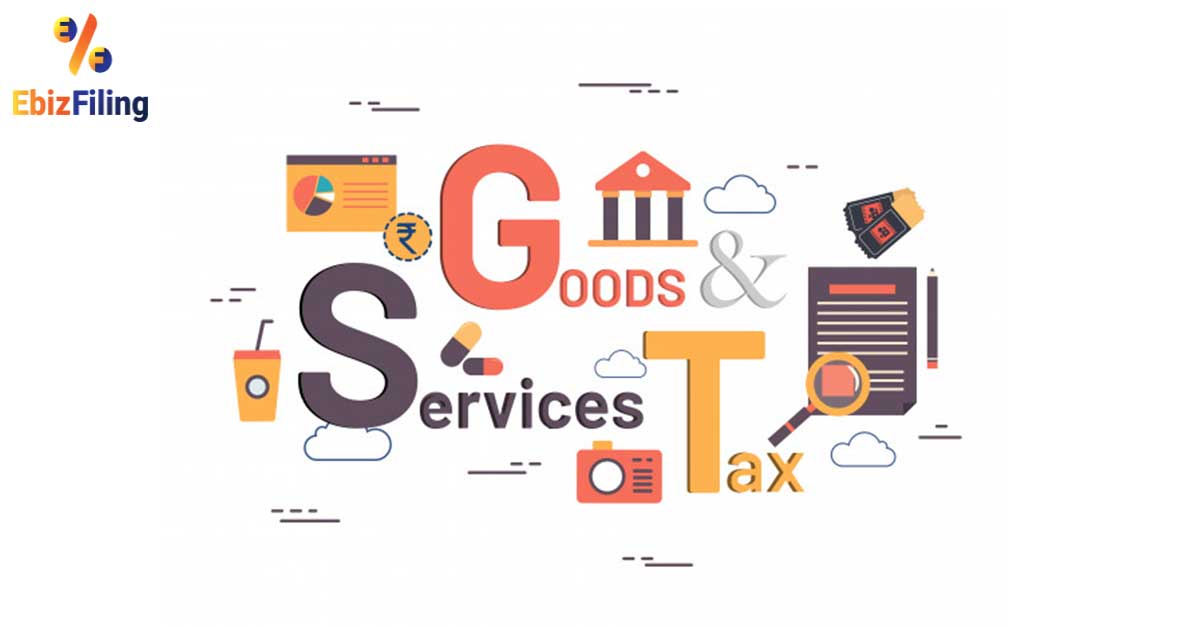Step-by-Step Refine for Singapore GST Registration Explained
Wiki Article
The Ultimate Overview to Streamlining the GST Enrollment Process and Needs for Local Business Owners

Comprehending GST Essentials
To realize the fundamentals of the Goods and Services Tax Obligation (GST) system, little company owners have to first understand its underlying principles and effects. Under the GST regime, businesses are needed to accumulate and sign up tax on behalf of the federal government, making certain transparency and conformity.One of the essential principles of GST is input tax obligation debt, which allows organizations to assert credit history for tax obligations paid on their purchases. Recognizing these standard concepts is vital for small company owners to navigate the intricacies of the GST system and make sure conformity with the regulation.
Eligibility Criteria for Enrollment
Having established a foundational understanding of GST principles, small company proprietors need to currently fulfill particular qualification criteria to wage the registration procedure. In India, entities took part in the supply of items or services with an annual accumulation turn over going beyond Rs. 40 lakhs (Rs. 10 lakhs for unique classification states) are required to register for GST. Furthermore, certain companies such as those involved in inter-state supply of goods, casual taxed persons, and those required to pay tax under the reverse cost mechanism must sign up for GST irrespective of their turn over. Moreover, businesses that were signed up under the previous tax obligation program (BARREL, solution tax obligation, etc) are likewise mandated to register under GST. Agricultural businesses that just provide create out of primary manufacturing are excluded from GST enrollment. It is critical for local business owner to meticulously assess their qualification based on these requirements to make sure compliance with the regulation and stay clear of any type of penalties for non-compliance.Files Needed for GST Registration

Simplified Registration Refine Actions
Following the collection and confirmation of the requisite records, the enrollment procedure for GST can be browsed through a collection of simplified actions created to assist in efficient compliance for small company owners. The initial step involves going to the GST website and picking the 'New Enrollment' option. Ultimately, the applicant should complete Part A of the GST REG-01 kind with information such as frying pan, mobile number, and e-mail address to get an OTP for confirmation. Once the OTP is received and gone into, a Short-term Referral Number (TRN) is generated for further procedures. The next step needs filling in Part B of the type with needed organization details, publishing supporting files, and finishing the verification process using DSC or EVC. Upon effective confirmation, an Application Reference Number (ARN) is provided, indicating the conclusion of the GST enrollment process. By following these simplified actions, small company owners can successfully register for GST and guarantee compliance with tax laws.Tips for Ensuring Conformity
To maintain governing adherence and operational stability, diligent oversight and positive steps are essential in making sure conformity with GST needs for small company proprietors. Tiny service owners should remain upgraded with GST policies, submitting deadlines, and any adjustments in tax prices to avoid check charges and keep a great standing with tax obligation authorities. One vital pointer for compliance is to maintain in-depth and exact documents of all deals, including costs, invoices, and receipts connected to GST. Frequently reconciling economic records with GST returns can assist in great post to read recognizing and rectifying any inconsistencies promptly. In addition, carrying out routine internal audits or looking for expert support can make sure that the company is following all GST rules correctly. It is additionally essential for local business owners to purchase GST-compliant bookkeeping software application that can improve the tax filing process and minimize mistakes. Going to GST understanding workshops or training programs can boost understanding and compliance with GST laws, inevitably profiting the organization in the lengthy run.
Conclusion
To conclude, tiny company proprietors should comprehend the essentials of GST, meet the eligibility standards, gather necessary documents, and follow the streamlined registration procedure actions to make certain conformity. By simplifying the GST enrollment procedure and requirements, small company owners can prevent penalties and operate their companies smoothly within the legal framework - Singapore GST Registration. It is critical for local business proprietors to remain certified and educated with GST laws to preserve a successful organization procedureSmall business proprietors looking for GST registration should ensure they gather and submit the necessary documents to finish the registration procedure effectively. The papers needed for GST registration typically consist of proof of company enrollment or consolidation, PAN (Irreversible Account Number) card of the service entity, address and identification proof of the promoters/partners/directors, pictures, address proof of the location of service, bank account declarations or terminated cheques, and authorization kinds. Going to GST recognition workshops or training programs can improve understanding and conformity go to this web-site with GST policies, inevitably profiting the service in the lengthy run.
By streamlining the GST enrollment process and requirements, tiny business proprietors can stay clear of penalties and operate their services efficiently within the legal structure. It is vital for small organization proprietors to remain informed and compliant with GST laws to preserve an effective company operation.
Report this wiki page